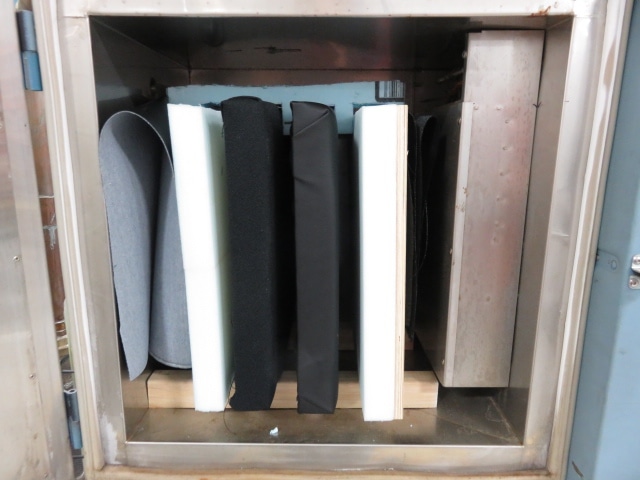ASTM D3045
Standard Practice for Heat Aging of Plastics Without Load
ASTM D3045 is a standard practice for heat aging of plastics without load. It tests the exposure conditions to which plastics should be exposed to test their resistance to oxidation or other types of degradation occurring over time. Exposure to higher temperatures than the intended use temperature for extended periods of time causes polymers to age prematurely. This aging procedure can be helpful in predicting how materials will age with time. This practice plays a guiding role in comparing thermal weathering characteristics of materials as measured by the fluctuation in specific properties of interest at a single temperature.

Procedures for comparing thermal aging characteristics of materials at a series of temperature for the purpose of estimating the time needed for a defined property to change are also described in this practice. Micom offers ASTM D3045 as part of the polymer testing services.
Polymer accelerated heat aging without load
Exposure to heat can cause many types of physical and chemical changes in plastics. The level of exposure in both temperature and time will affect the extent as well as the type of property changes that will occur. While polymers are not certainly degraded by short exposures to high temperature, extended periods of exposure of plastics to high temperature will generally cause some deterioration as well as a gradual change in physical properties as different properties may not all change at the same rate.
ASTM D3045 simulates hot conditions in which the materials are intended to be used to understand their durability and expected lifespan to avoid property losses.
Typical experimental parameters for ASTM D3045
- To perform a consistent accelerated heat aging test that is right for your application, multiple test parameters must be defined. Unless otherwise specified, typical conditions are as follows:
- Number of specimens/product: at least three replicates unless specified
- Specimen thickness: to be specified
- Exposure temperature: Since, in practice, the approximating of the effect of heat aging before obtaining test results is frequently difficult, short term heat aging at one or two temperatures is usually done to obtain data that can be used as a basis for selecting the remainder of the test temperatures. Table 1 of ASTM D3045 shows a typical heat aging schedule for a certain material’s property.
- Number of exposure temperatures: at least four
- Time of exposure: to be specified
- Type of oven: Type IIB (for temperature up to 70 oC) or Type IIA (for higher temperature)
For additional information about this type of test as well as for supplementary test methods, we invite you to read on Heat aging testing and ASTM F1980.
Depending on your product’s specific applications, multiple aging mechanisms such as UV radiations, moisture and humidity, high temperatures or temperature fluctuations can influence the performance of your polymer over time. It is crucial to understand that different factors synergistically combine to magnify the aging process while many standards only test one of these factors. For additional test methods, to ASTM D3045, we invite you to read more about Accelerated aging.
If you have any questions about ASTM D3045, we invite you to contact our material testing lab today. It will be our pleasure to answer you questions based on your unique material testing requirements.

